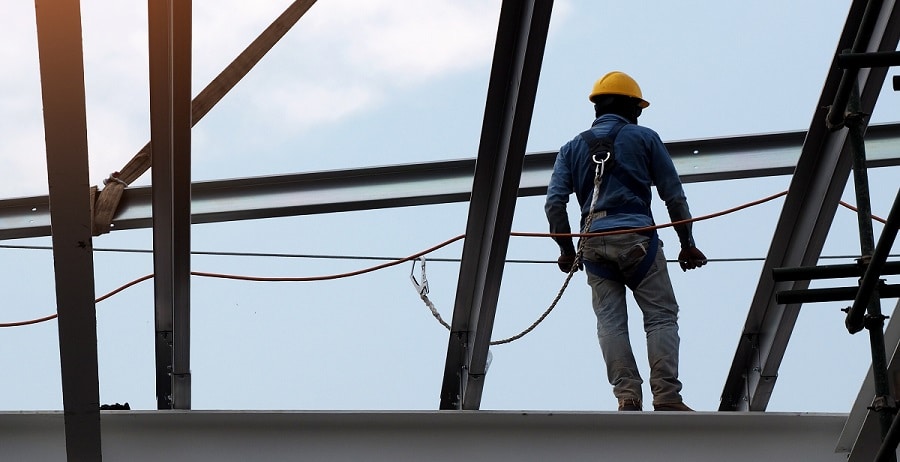What is workers’ compensation?

OLYMPUS DIGITAL CAMERA
- Temporary and total disability benefits
- Vocational rehabilitation
- Death benefits
Under Illinois law, employers are required to provide workers’ compensation for all of their employees from the first day they begin working for the employer. Most employers will buy a workers’ comp insurance policy from a private insurance company, although some may receive permission from the state to self-insure.In exchange for providing workers’ comp, employers are protected against employee lawsuits to recover compensation for on-the-job injuries. In other words, workers who are harmed in a work-related accident generally cannot bring a lawsuit against their employers to recover for the injury; the workers’ compensation system is their sole recourse.
Notifying the Employer
When a worker is injured at work, the first step the worker should take after seeking medical attention for the injury is notifying the employer of the injury. Under Illinois law, injured workers have 45 days from the date of injury to provide notice to their employers.
While this notice does not have to be made in writing, it is in the worker’s best interest to do so. The notice should include such basic information as the date, time and place of the injury, a description of what happened and the worker’s contact information. The worker also should keep a copy of the notice for his or her own records.
The Employer’s Duties
Once the employer receives notice that one of its workers has been injured, the employer then must notify its workers’ comp insurance provider of the injury. If the worker is out of work for more than three days due to the injury, then the employer also must notify the Illinois Workers’ Compensation Commission (“Commission”). The employer also must begin paying the worker temporary total disability benefits or provide the worker with a written explanation of why the benefits have been denied.
Filing a Workers’ Comp Claim Against the Employer
If the employer denies an injured worker benefits, then the worker can file a claim against the employer with the Commission. In most cases, workers have three years from the date of injury to file a claim with the Commission.
When the Commission receives a new claim, it will assign an arbitrator to handle the case. Once an arbitrator has been assigned, then the worker or the employer can request a hearing (referred to as a trial) to determine if benefits should be paid. At the trial, the burden is on the worker to explain why he or she is entitled to workers’ comp benefits. This often involves the use of expert witnesses, including physicians, to testify about the extent of the worker’s injury. While it is not necessary for a worker to have an attorney represent him or her at this hearing, most injured workers have a lawyer handle their claim for them.
Once the trial is over, the arbitrator will issue his or her opinion within 60 days.
Appealing the Arbitrator’s Decision
Either the employer or the worker may appeal an unfavorable decision by the arbitrator. Appeals are heard by a panel of three commissioners. The party appealing the decision has the burden to prove why the arbitrator’s decision was incorrect during a hearing referred to as “oral arguments.” Once the oral arguments are completed, the panel has 60 days to issue its opinion.
Workers who are employed by private employers may appeal the panel’s decision in the Illinois court system. Public workers – those who work for a state or local government office or agency – cannot. For these workers, the panel’s decision is final and binding.
Contact an Experienced Workers’ Compensation Attorney
There are many reasons why workers may need to seek intervention of the Illinois Workers’ Compensation Commission. In some cases, it may because their employer denied their initial benefits request. In other cases, it may be because the worker and the employer cannot agree on the extent of the worker’s disability, which treatments are “medically necessary” or when the worker has reached maximum medical improvement.
If your employer has denied your request for workers’ comp or has stopped paying your benefits, contact an attorney knowledgeable in workers’ compensation law to learn more about your legal options.













